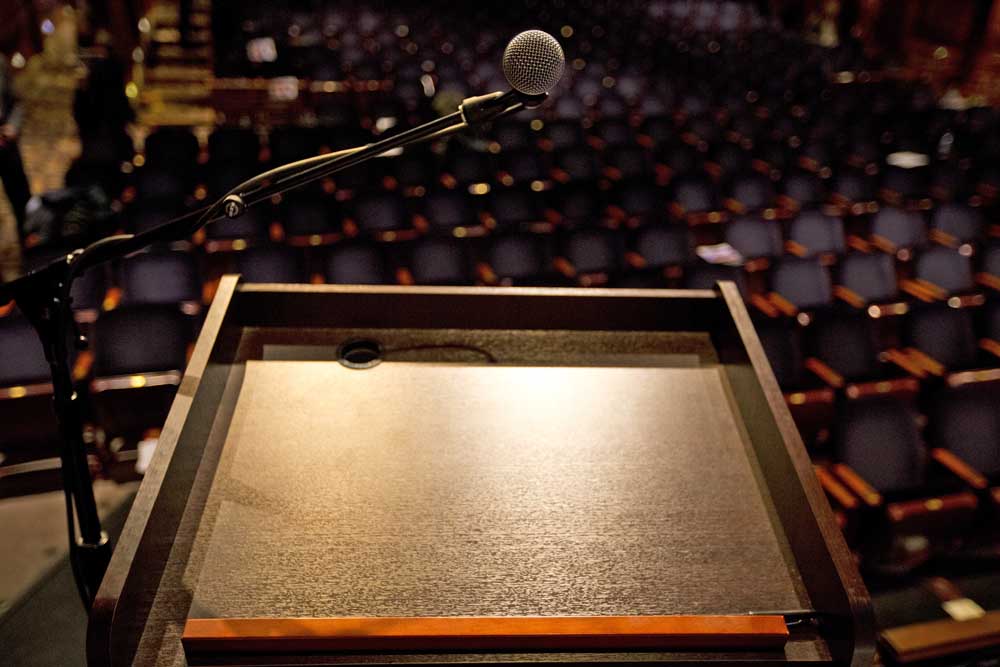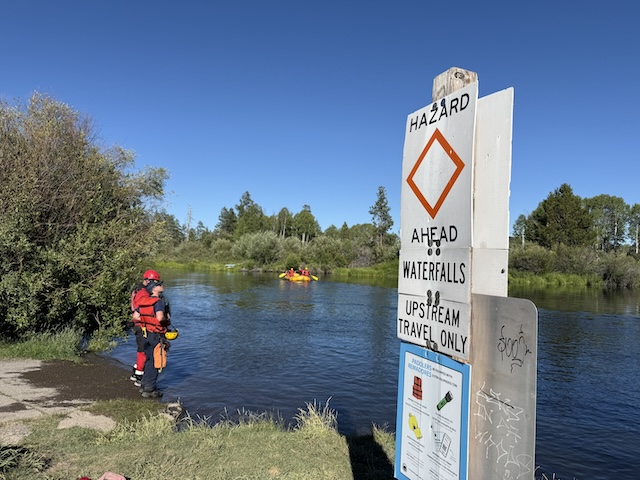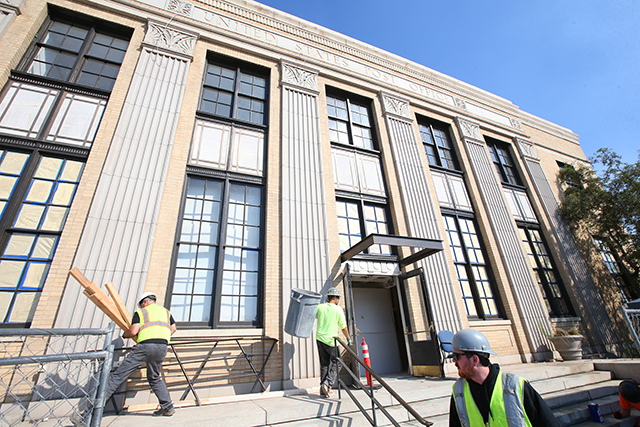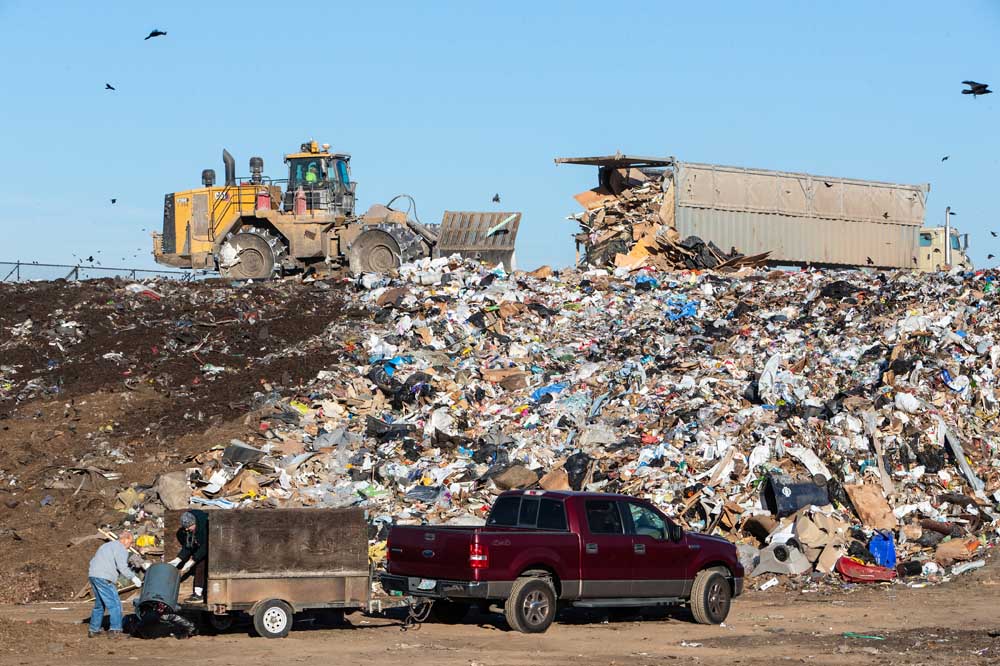Guest column: Electoral College is undemocratic, archaic
Published 12:00 am Thursday, June 6, 2019

- Guest Column
If, as Dennis Dietrich wrote in a recent column here, the Electoral College works as the Founders had intended it to 232 years ago, Donald Trump would not be president today.
There were several compromising reasons for creating a “college” of electors to actually pick the president, including one to placate slave-owning states, but the most compelling at the time was to avoid the “mob rule” of an unfettered democratic vote.
Trending
That is, at a time when the radical American experiment with self-government was barely holding together a fragile confederation of fractious states, the Founders feared the election of a corrupt, incompetent or demagogic president by the manipulated or uneducated masses.
That’s why only white, male, property owners — a small fraction of the population — were allowed to vote. And why even that small democratic pool was not fully trusted to choose the chief executive.
Instead, an even smaller select group of men of supposedly high character and education — the electors from each state — were to override, if necessary, the popular sentiment for the good of the country.
It never worked out that way once party politics developed, which was right after Washington stepped down. Electors have never really been “unfaithful” to the state presidential vote counts, as once intended, but they still could be today, at great risk of legitimacy or even civil strife.
Instead, for two centuries the Electoral College has been a rubber stamp of state popular votes, and five times a president who lost the national popular vote was elected.
This antiquated way of picking a president is anti-democratic. It gives a handful of “battleground states” most of the candidates’ attention, advertising, and time, while the noncompetitive states are largely ignored, which, in turn, gives voters in those “in play” states more influence than those in the majority of states dominated by one political party.
Trending
If you are a Republican in California or Vermont, or if you are a Democrat in Texas or Kansas, your personal presidential ballot will never really count. Winner-take-all rules in most states give all their electoral votes to the dominant party candidate.
The National Popular Vote campaign doesn’t eliminate the college. It just allows agreeing states to allocate all their electors to the winner of the national popular vote count. If enough states whose electoral votes total 270 agree, the next president is in effect elected by all Americans.
This is not a so-called state’s rights issue, as some claim. Rather, it’s about ensuring that every individual presidential vote cast in every state is valued equally. A potential side benefit in this deeply polarized time: it might encourage Americans to think less parochially and more nationally. And maybe more will vote if they think it actually matters.
This should not be a partisan issue. Neither political party inherently would benefit from the change. Nor is it a big-state, small-state issue.
Some say the Constitution should not be tampered with, that the Founders got it right the first time. But the document, though brilliant in its many checks and balances of powers and interests, was nonetheless deeply flawed.
Among its embarrassments today: allowing slave states to count three-fifths of each chattel slave for representation while declaring they were not Americans and implying they were subhuman. The remarkable document was, and remains, a work in progress.
Oregon is poised to join a group of, so far, 14 other states, comprising 189 electoral votes, prepared to join a multistate compact to ensure that future presidents are elected by the national popular vote count, not the archaic, dysfunctional Electoral College that most Americans don’t understand.
On Thursday, the House joined the earlier Senate in endorsing that change.
Gallup polls since 1994 have shown a direct presidential vote universally popular across states. Three-fourths of Oregonians say they are for it.
If you agree, urge Gov. Kate Brown to sign it into law.
— Phil McLaughlin is a former newspaper editor who lives in Bend.








